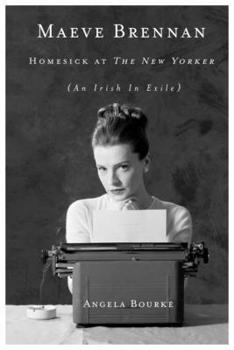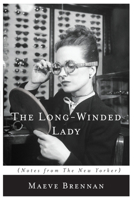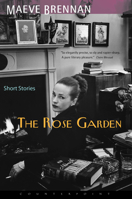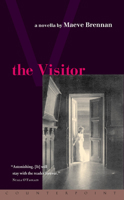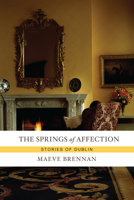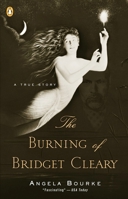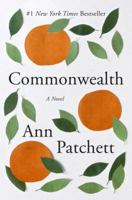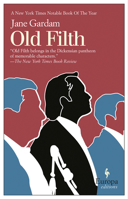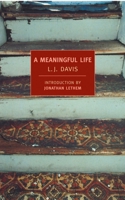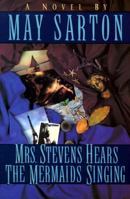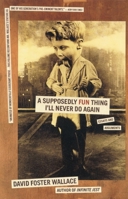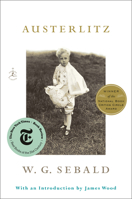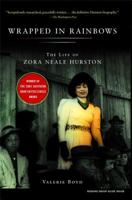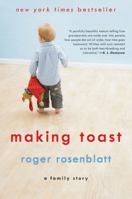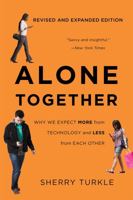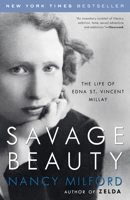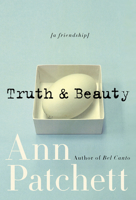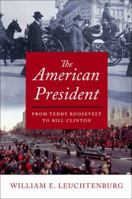Maeve Brennan: Homesick at "The New Yorker"
Select Format
Select Condition 
You Might Also Enjoy
Book Overview
"The book is notable . . . for Bourke's first-rate descriptions and analyses of Brennan's fiction. An impressive portrait." --Kirkus Reviews To be a staff writer at The New Yorker during its heyday of the 1950s and 1960s was to occupy one of the most coveted--and influential--seats in American culture. Witty, beautiful, and Irish-born Maeve Brennan was lured to such a position in 1948 and proceeded to dazzle everyone who met her, both in person and on the page. From 1954 to 1981 under the pseudonym "The Long-Winded Lady," Brennan wrote matchless urban sketches of life in Times Square and the Village for the "Talk of the Town" column, and under her own name published fierce, intimate fiction--tales of childhood, marriage, exile, longing, and the unforgiving side of the Irish temper. Yet even with her elegance and brilliance, Brennan's rise to genius was as extreme as her collapse: at the time of her death in 1993, Maeve Brennan had not published a word since the 1970s and had slowly slipped into madness, ending up homeless on the same streets of Manhattan that had built her career. It is Angela Bourke's achievement with Maeve Brennan: Homesick at The New Yorker to bring much-deserved attention to Brennan's complex legacy in all her triumph and tragedy--from Dublin childhood to Manhattan glamour, and from extraordinary literary achievement to tragic destitution. With this definitive biography of this troubled genius, it is clear that Brennan, though always an outsider in her own life and times, is rightfully recognized as one of the best writers to ever grace the pages of The New Yorker.
Format:Paperback
Language:English
ISBN:1619027151
ISBN13:9781619027152
Release Date:February 2016
Publisher:Counterpoint LLC
Length:360 Pages
Weight:1.10 lbs.
Dimensions:0.8" x 5.9" x 8.9"
Customer Reviews
1 customer rating | 1 review
Rated 4 starsWhat's there is great...would benefit from greater depth or more analysis
By Thriftbooks.com User,
There are many reasons to read Homesick at the New Yorker. Among them, the book may be the only existing full-length biography of this talented and fascinating author. And Homesick at the New Yorker is well-written, indeed. But there are shortcomings to this account of Maeve Brennan's life. The review prior to this one speculates that author Angela Bourke may have found her subject illusive. And that may be the case. But...
1Report










